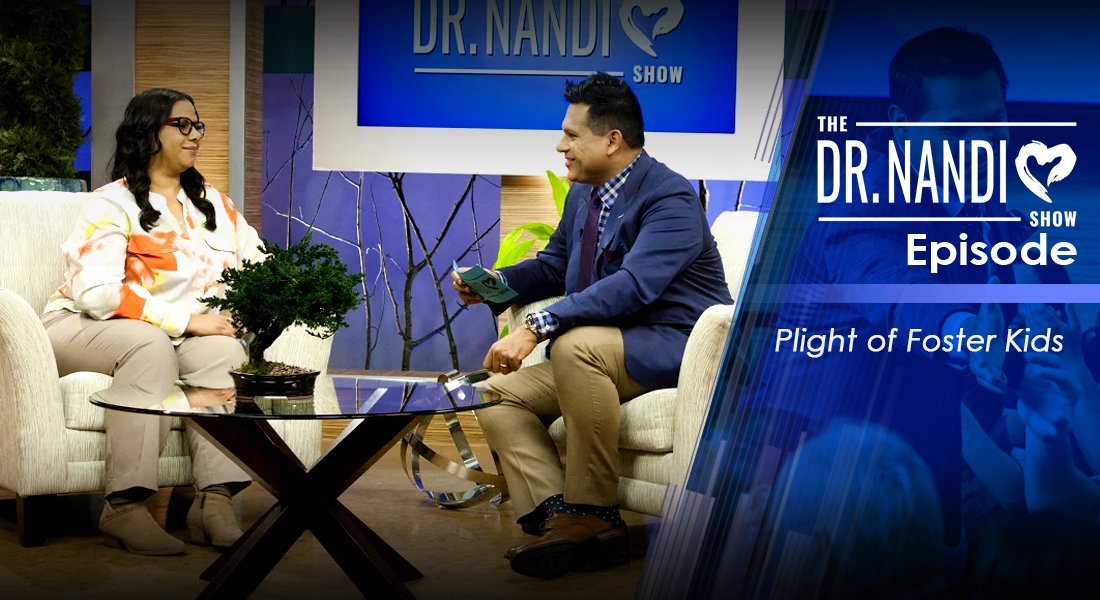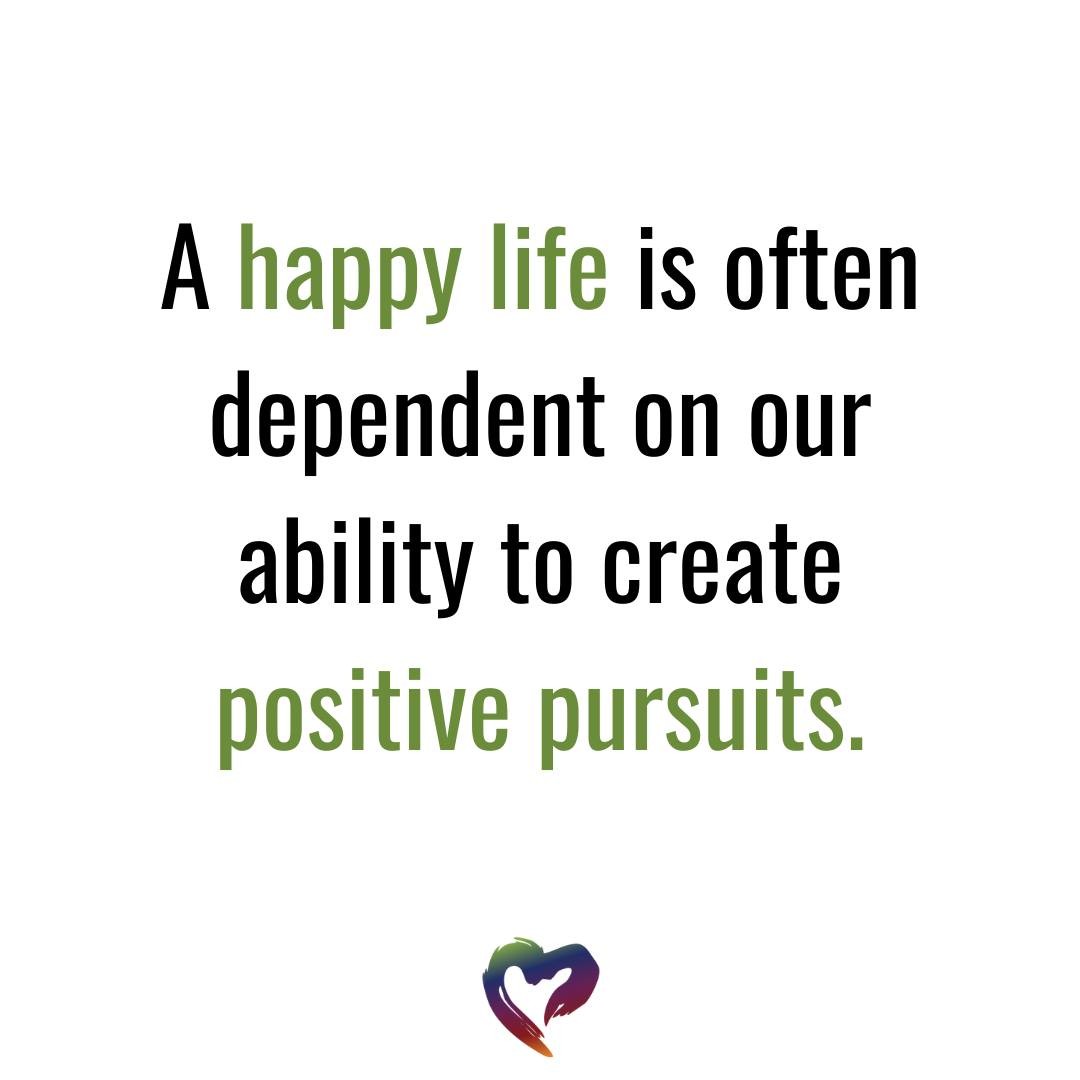
All around the world and here at home, there are kids who are forced to leave their parents because they cannot properly care for them. Mental illness, substance abuse, poverty, homelessness or financial hardships are just a few of the reasons and circumstances. Here in the US, there are over 450,000 children in foster care and, sadly, there are not enough foster homes available for the number of children needing them.
The opioid crisis we’re facing is not helping at all. It’s placing an added burden on a system that’s already experiencing a high turnover of foster parents. And when we look at the statistics for older youths who have aged out of the system, they’re pretty grim. Fifty-five percent will drop out of school, 65 percent will end up homeless, and 75 percent will end up in jail. Many have no support, no resources, and no one to help.
In this episode, I hope to inspire you and open your heart and possibly your home. Because being a foster parent, although challenging at times, is also very rewarding. You will not only change a child’s life, but you’ll also change yours.
I’d like you to meet Jill. She was placed in foster care at the age of 13. And the reason why she ended up in foster care was that her stepfather was a child molester, and her mother chose to stay with him and send her children away.
Her step-father was disabled, so all his life he struggled with drug and alcohol addiction and kind of took that out on Jill and her sister. He was sexually abusive and racially violent. Jill felt that her mother wasn’t doing much to protect them. Eventually, child protective services were called. And Jill and her sister eventually were separated and entered foster care. In one foster home, a foster parent used her as free live-in help for her biological children. And not only did she keep her home from school to help, but she was also racially abusive to Jill. But when you watch this episode, you’ll hear how Jill eventually found a foster home that was “just phenomenal”. A true testament of how one person can change a child’s life for the better.
Covenant House is a youth homeless shelter that helps 18 to 24-year-olds. Many of these young adults are coming out of the foster care system and need assistance. There are plenty of good foster parents, but there are also foster parents who are only in it for the money. And once the youth ages out, they can no longer live at the home and are forced to fend for themselves. And this is where Covenant House steps in. They have a 90-day program for emergency crisis housing, a two-year program as well as a street outreach program that’s actually out looking for kids on the streets, who might need their help.
Michelle says that most of us aren’t fully prepared to tackle life at 18. But on top of that, some kids haven’t been nurtured, they don’t trust because a lot of them have been in home after home where no one has cared for them. Sadly, she tells us that some have been abused sexually, physically, and emotionally. But I was really pleased to hear how Covenant House addresses the different needs of youths in their programs. And you too will learn what a fantastic organization they are and the ways they help disadvantaged youth land back on their feet again.
Dr. John DeGarmo has cared for over 50 foster kids in his home. He has three biological children and three adopted foster children. He has had as many as 11 foster children in his home at one time due to the shortage of foster families.
It all began when he and his wife lost their first child. At the time, he was working at a high school and noticed a lot of students with low attendance, and problems with behavior and academics. Dr. DeGarmo realized problems often come from the home. He and his wife started to discuss how they could help such children. And this is how they started fostering. Over time, helping foster children became his passion. He shares how “children come to my house, they need stability, they need security, but what they need more than anything else is for someone to love them unconditionally, with all that I have.”
Dr. DeGarmo is not just a foster Dad, he’s also a passionate leading foster care expert. He founded the Foster Care Institute, which has a wealth of information and programs online. He’s also a consultant to the foster care and child welfare agencies across the globe. In my discussion with Dr. DeGarmo, you’ll learn why there are so many foster kids that need homes, how they often feel lonely and unwanted, and how some are lured into sex trafficking by predators. But he’ll also share the many different ways to help. That doesn’t mean you have to be a foster parent. But if you are considering to help children in need, you might end up feeling the same way as Dr. DeGarmo. He sums it up perfectly, “Every child that’s come through my house has made me a better person, a better parent, a better spouse, a better member of the community. I have learned so much from these children and my heart has just grown incredibly.”
Connie is another former foster child and she joins me to share the impact safe and nurturing foster parenting can have on a child. And how it shaped her life. Connie was placed in a foster home due to her mother’s inabilities to take care of her. When she was eight weeks old, her biological mother experienced a psychotic snap. Connie thinks she must have had some underlying mental health issues that maybe she wasn’t aware of, wasn’t seeking treatment for, and it was likely combined with postpartum depression. This led to Connie’s mom almost seriously injuring her; “She tried to end my life by throwing me up against a wall. Fortunately I landed on a couch.” This is when her mother realized that she needed help.
Connie’s mom called her co-workers to ask for help and to take the baby otherwise she might kill her. This led to Connie being placed with an older couple. She lived with them until age 10, when she was taken away due to safety issues. The family had been hoarding cats, about 100 of them. Since she was never in the foster care system, and her mother was never officially filed to be unfit, she had to move back in with her. But eventually, Connie was placed in foster care. Her foster mom was “just super warm, very loving…she was the school lunch lady that everybody loved”. When you watch our discussion, you’ll hear more about Connie’s wonderful experience and also learn the impact this woman had on Connie, how it lead her to become a foster parent herself.
My next guest is Dr. Sue Cornbluth. She’s a certified national parenting expert and holds a Doctrinal degree in clinical psychology, so she’s really smart. She has also written a book called Building Self-Esteem in Children and Teens Who Are Adopted Or Fostered.
Many foster kids have experienced some sort of neglect, abuse or trauma. And this could make it challenging for both foster parents and the child. Dr. Sue explains about investing in a child. And by this, she means listening to them, hearing them, validating them, and showing them that they matter. She says, “A lot of these kids have problems with self-esteem”. And that we are “vehicles for change”. So it’s important that foster parents really take an interest in what these kids are involved in, not pushing them too much to talk about their feelings, but allowing that to evolve as they begin to build trust. Dr. Sue shares a lot of wisdom during our conversation, along with very helpful tips for those who are considering becoming foster parents.

No products in the cart.
*These statements have not been evaluated by the Food and Drug Administration. This product is not intended to diagnose, treat, cure, or prevent any disease.


Use these delicious, doctor-approved recipes to beat bloat, brain fog, and low energy — at any age!
"*" indicates required fields


Use these delicious, doctor-approved recipes to beat bloat, brain fog, and low energy — at any age!
"*" indicates required fields